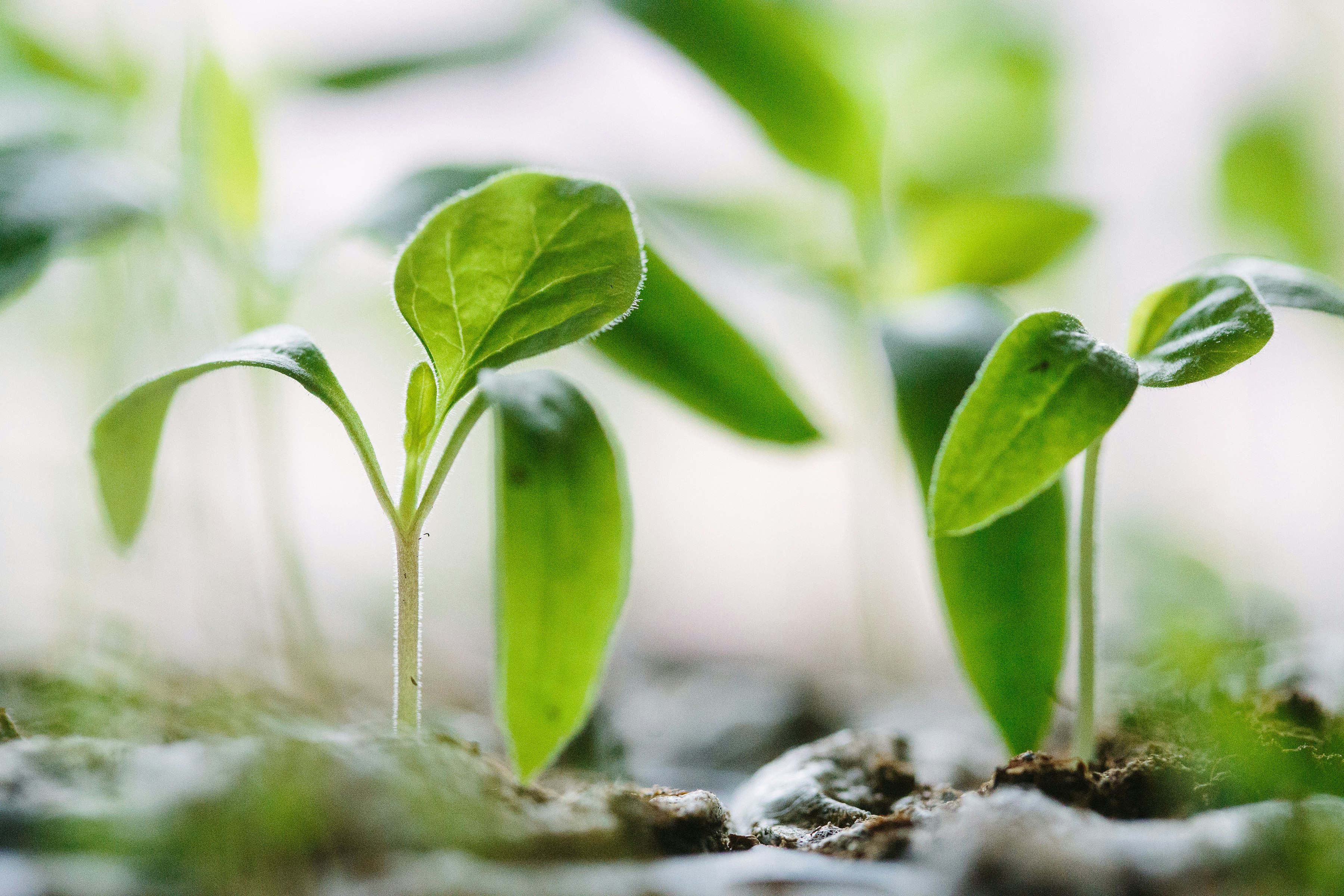As awareness of environmental issues continues to grow, more and more people are looking for ways to live a more sustainable lifestyle. One of the most significant ways to reduce our environmental impact is by changing our diets. A plant-based diet, which focuses on foods derived from plants such as vegetables, fruits, grains, legumes, and nuts, has been shown to have numerous benefits for both our health and the planet.
Introduction
In this article, we will explore why a plant-based diet is good for you and the planet. We will examine the environmental impact of animal agriculture and how a plant-based diet can help reduce it. We will also look at the health benefits of a plant-based diet and how it can help prevent chronic diseases. Finally, we will provide tips for transitioning to a plant-based diet and address common concerns.
The Environmental Impact of Animal Agriculture
Animal agriculture is one of the most significant contributors to environmental issues, including climate change, deforestation, water pollution, and soil degradation. The production of meat, dairy, and eggs requires large amounts of land, water, and resources. It also produces significant amounts of greenhouse gas emissions, primarily methane and carbon dioxide, which contribute to global warming.
By contrast, plant-based diets require fewer resources and produce fewer greenhouse gas emissions. According to a study by the University of Oxford, a vegan diet produces the lowest greenhouse gas emissions compared to other diets. Plant-based diets also require less land, water, and resources to produce the same amount of food.
The Health Benefits of a Plant-Based Diet
In addition to its environmental benefits, a plant-based diet also has numerous health benefits. Studies have shown that plant-based diets can help prevent chronic diseases such as heart disease, diabetes, and certain types of cancer. Plant-based diets are also associated with lower rates of obesity, high blood pressure, and cholesterol levels.
Plant-based diets are rich in fiber, vitamins, minerals, and antioxidants, all of which are essential for maintaining good health. By contrast, diets high in animal products are associated with higher rates of chronic diseases and lower life expectancy.
Transitioning to a Plant-Based Diet
Transitioning to a plant-based diet can be challenging, especially for those used to eating a lot of meat and dairy. However, there are many resources available to help make the transition easier. Here are some tips for transitioning to a plant-based diet:
•
Start slowly by incorporating more plant-based meals into your diet.
•
Experiment with different plant-based foods and recipes to find what you enjoy.
•
Gradually reduce your intake of meat, dairy, and eggs.
•
Find plant-based alternatives to your favorite meat and dairy products.
•
Get support from friends, family, or online communities.
Addressing Common Concerns
There are many common concerns about plant-based diets, including the following:
•
Will I get enough protein? Yes, plant-based diets can provide all the necessary protein if a variety of foods are consumed.
•
Will I get enough vitamins and minerals? Yes, plant-based diets can provide all the necessary vitamins and minerals if a variety of foods are consumed.
•
Will I feel full and satisfied? Yes, plant-based diets can be just as satisfying and filling as diets that include meat and dairy.
•
Is it more expensive to eat a plant-based diet? Not necessarily, as plant-based diets can be less expensive than diets that include meat and dairy.
•
Will I miss the taste of meat and dairy? It may take some time to adjust, but there are many delicious plant-based alternatives available that can satisfy any craving.
Conclusion
In conclusion, a plant-based diet is good for both you and the planet. By reducing our consumption of animal products, we can significantly reduce our environmental impact and improve our health at the same time. A plant-based diet is a sustainable and ethical choice that can have a positive impact on the world around us.
If you're interested in transitioning to a plant-based diet, start by making small changes and finding support from friends, family, or online communities. By taking small steps towards a plant-based diet, you can make a big difference for your health and the environment.

